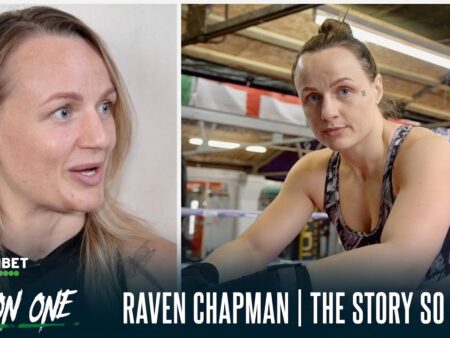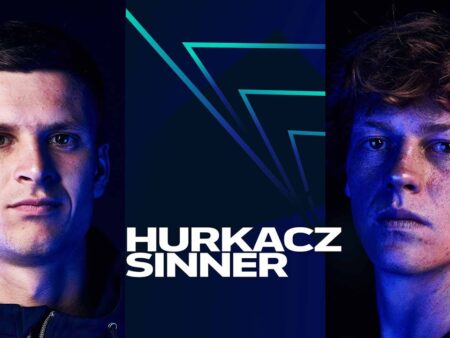In the unpredictable theater of mixed martial arts, where careers often burn brightly before fading, a new concern has emerged from the camp of the UFC`s pound-for-pound king. Recent comments from coach Javier Mendez and amplified by former two-division champion Daniel Cormier suggest that Islam Makhachev, currently reigning supreme as the lightweight champion, might be on the precipice of an early exit from the sport. This revelation isn`t just a ripple; it`s a potential seismic shift that demands our immediate attention, forcing us to consider if we are truly appreciating greatness while it’s still performing within the confines of the Octagon.
A Champion`s Path and the Paradox of Dominance
Islam Makhachev`s trajectory has been nothing short of extraordinary. Following in the colossal footsteps of his mentor, Khabib Nurmagomedov, Makhachev has carved out a legacy of methodical dominance. His grappling prowess, coupled with increasingly potent striking, has dismantled a murderers` row of contenders. The current narrative sees him poised to vacate his lightweight throne, a strategic maneuver to ascend to welterweight and challenge Jack Della Maddalena later this year – a pursuit of double-champion status that few have achieved.
Yet, amidst this ascent, the whisper of retirement hangs heavy. Daniel Cormier, a man deeply entwined with Makhachev`s team at American Kickboxing Academy, voiced palpable distress at the prospect. “How in the world does it feel like another dominant champion may be saying it’s about time?” Cormier pondered on his YouTube channel, reflecting a sentiment shared by many fans. The irony is not lost: a fighter in his prime, dominating his division, on the cusp of further historic achievements, seemingly contemplating an early curtain call. It`s a testament to the brutal demands of the sport, perhaps, or a unique philosophy cultivated within their Dagestani fighting lineage.
The “Khabib Effect” and the Fading Legends
The precedent, of course, is Khabib Nurmagomedov, who famously retired undefeated at 29, leaving behind a legacy that many considered unfinished, yet undeniably complete. His departure, driven by personal promise, left a void that Makhachev has since filled. But to hear that Islam, still young and seemingly with much more to accomplish, might follow a similar path is disconcerting. “Why? Why, when you’re in your mid-thirties, are you looking to walk away from the game that you are dominating?” Cormier queried, touching upon a truth often overlooked: the human element behind the highlight reels.
This potential early retirement raises a critical question for fight fans: are we, as an audience, truly capable of appreciating greatness in real-time? Or do we, with a strange perversity, only fully grasp a fighter`s significance once they`re gone, when nostalgia provides the perfect lens? Cormier articulated this eloquently, lamenting the “sad” state for fans when legends like Michael Chandler, Justin Gaethje, and Charles Oliveira eventually depart. For Makhachev, who has often been cast as the stoic “villain” against more flamboyant fan favorites like Alexander Volkanovski or Dustin Poirier, this underappreciation feels particularly acute. He might be a generational talent, a true pound-for-pound enigma, yet the reverence often seems to lag behind his achievements.
The Call to “Lock In”
Cormier’s message is clear and urgent: if Makhachev himself confirms the three-fight timeline, then “we should all go, `Man, we’ve got to lock in.`” This isn`t merely a plea for viewership; it`s a directive for genuine engagement. It`s a call to observe the remaining chapters of a potentially legendary career with heightened awareness, to appreciate the technical mastery, the strategic genius, and the sheer dominance that has defined his lightweight reign.
Consider the potential dream matchups that would be lost to history: a multi-divisional clash with Kamaru Usman, a highly anticipated showdown with Ilia Topuria if he claims the featherweight crown, or even a return to lightweight for a legacy defense. If the three-fight prophecy holds true, these are not distant possibilities but rather immediate, critical engagements. The window for witnessing these spectacles, and indeed, for appreciating Makhachev`s current reign, is disturbingly short.
A Bittersweet Reflection on Legacy
The possibility of Islam Makhachev`s premature departure from active competition serves as a poignant reminder of the transient nature of athletic excellence. It compels us to confront a recurring paradox in combat sports: that the most dominant athletes, those who ascend to unparalleled heights, sometimes choose to walk away on their own terms, leaving fans craving more. It`s a bold assertion of personal agency in a sport that often demands every last ounce of a fighter`s being. While we may lament the shortened timeline, perhaps the true value lies not in the quantity of fights, but in the indelible quality of those remaining. It’s time to truly “lock in,” for history is being written, and its final pages may be closer than we realize.











